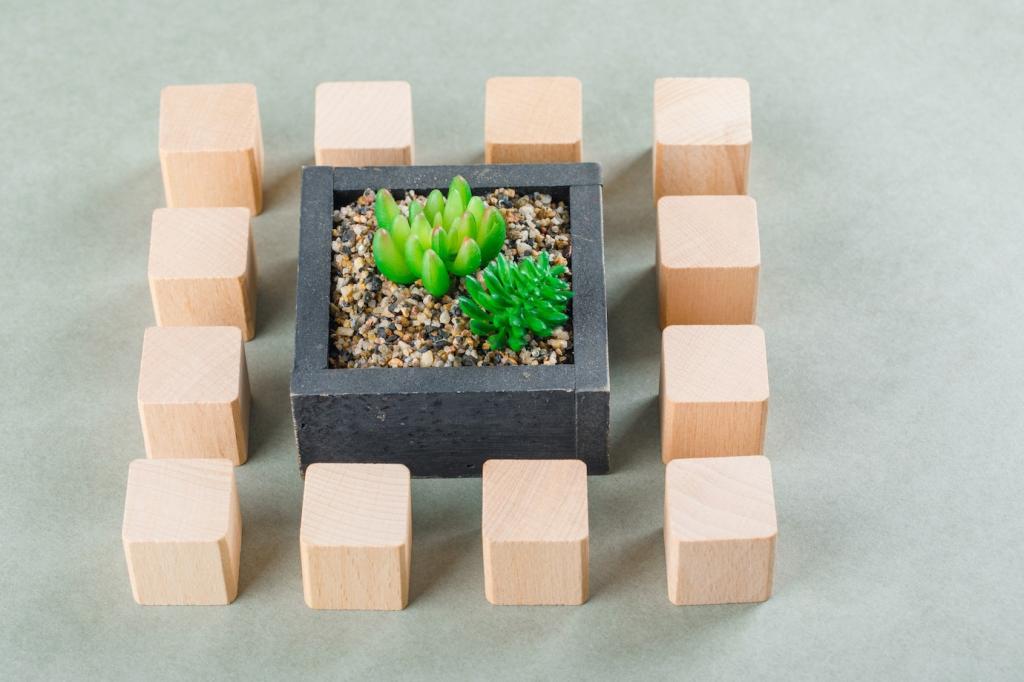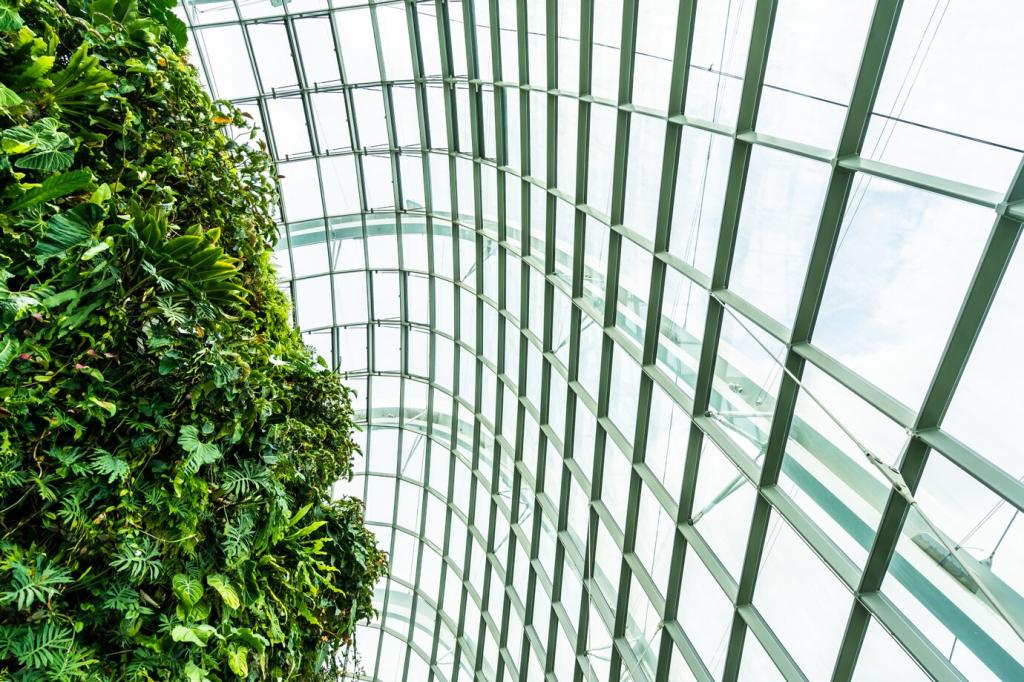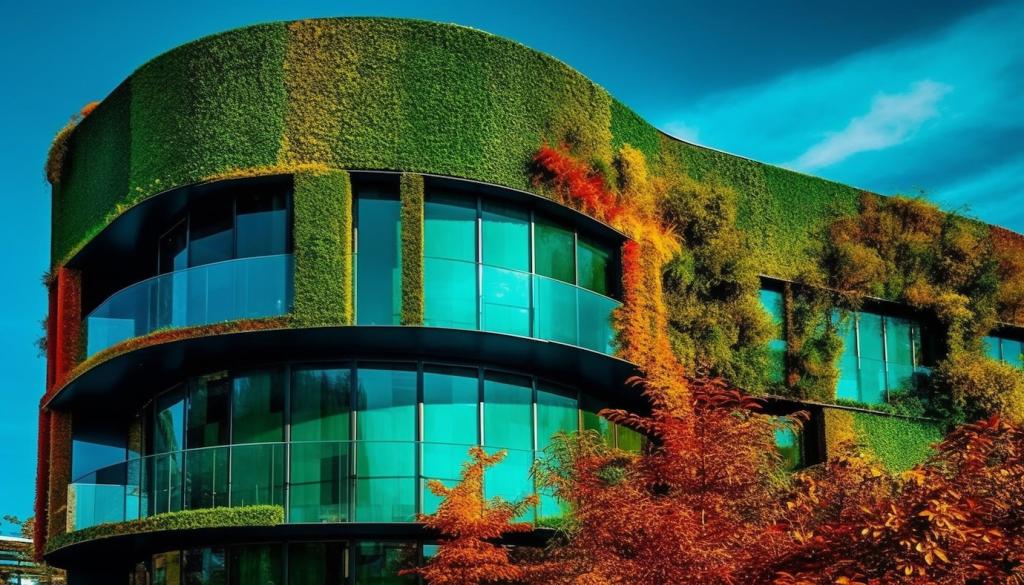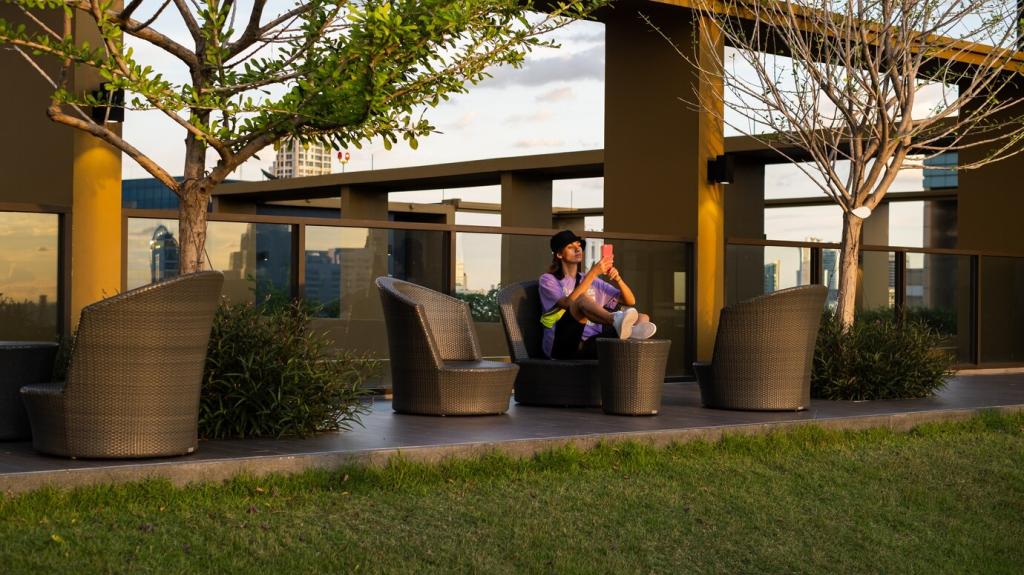
Eco-Friendly Outdoor Space Solutions
Creating sustainable and eco-friendly outdoor spaces is more important than ever as we seek to protect the environment and foster healthier living. Eco-friendly solutions not only minimize environmental impact but also promote wellness and enjoyment for everyone who uses these spaces. Through careful planning, environmentally conscious choices, and innovative practices, you can turn any garden, patio, or backyard into a green oasis that benefits both people and the planet.
Sustainable Landscaping Practices
Choosing native plants for your landscape is one of the most effective ways to support local ecosystems and reduce maintenance needs. Native species are inherently adapted to the local climate, soil, and wildlife, requiring less water, fertilizer, and pesticides to thrive. By cultivating native plants, you also provide vital habitats and food sources for pollinators such as bees and butterflies. Additionally, these plants contribute to healthier soil and help preserve regional biodiversity, all while creating an attractive and naturally balanced outdoor environment.
Implementing water-efficient irrigation solutions is vital for sustainable landscaping, especially in regions prone to drought. Drip irrigation systems and smart controllers deliver water directly to where it’s needed, minimizing evaporation and runoff. Using rain barrels or greywater systems further reduces reliance on potable water sources. These strategies not only save valuable water resources but also lower utility costs and foster a more resilient and sustainable garden. Thoughtful irrigation planning ensures every drop supports plant health without waste.
Shifting to organic lawn care methods eliminates the need for synthetic fertilizers and pesticides that can harm the environment. Practices like mulching, composting, and choosing slow-release organic amendments help build healthy, nutrient-rich soil while reducing groundwater contamination. Mowing at the proper height, overseeding with hardy grasses, and aerating regularly create a robust lawn with fewer weeds and diseases. Organic lawn care nurturing fosters a safer space for families and pets while protecting surrounding ecosystems.


Green Decking Materials
Opting for green decking materials, such as reclaimed wood, bamboo, or composite planks made from recycled plastics, significantly reduces deforestation and landfill waste. These alternatives are durable, often requiring less maintenance and longer replacement cycles compared to traditional lumber. Eco-friendly decking materials not only lower a structure’s environmental footprint but also offer unique natural aesthetics. When properly installed, they resist weathering and insect damage, ensuring years of sustainable outdoor enjoyment.

Sustainable Pergolas and Shade Solutions
Building pergolas or shade structures from certified sustainable timber or recycled metal ensures longevity without depleting forests or adding to industrial waste. Integrating living roofs or climbing plants navigates heat naturally, creating cool, inviting spaces while providing habitats for birds and insects. Employing regionally sourced materials and craftsmanship strengthens the local economy and reduces environmental costs associated with transportation, creating outdoor shelters that truly integrate into the surrounding landscape.

Low-Impact Furniture Choices
Selecting furniture crafted from reclaimed wood, recycled metals, or rapidly renewable materials like bamboo helps reduce environmental strain while still delivering comfort and style. Many eco-friendly furniture options also feature water-based finishes and non-toxic adhesives, minimizing indoor and outdoor air pollution. Durable, timelessly designed pieces reduce the need for frequent replacement, conserving resources over the long term. By investing in low-impact furniture, you create an outdoor retreat that’s as kind to the earth as it is to its users.
Waste Reduction and Recycling Initiatives
Composting is a natural process where kitchen scraps, yard clippings, and other organic matter decompose into nutrient-rich soil amendments. Integrating a compost system into your outdoor space reduces the volume of waste sent to landfills and cuts down greenhouse gas emissions. The finished compost returns valuable nutrients to your garden beds, resulting in healthier plants and bigger yields. Composting also nurtures beneficial soil organisms, ensuring that your landscaping remains vibrant and fertile without the need for synthetic fertilizers.
Upcycling gives discarded or unused items new life as functional or decorative outdoor features. For example, old pallets can be transformed into planters or seating, while broken ceramics become colorful mosaic pathways. By reimagining materials otherwise destined for the landfill, you not only reduce waste but also add unique character to your outdoor space. Upcycled features celebrate creativity, foster resourcefulness, and remind us of the value in repurposing what we already have.
Ensuring that debris from landscaping or construction is sorted and disposed of correctly is vital for minimizing environmental harm. Recyclable materials such as metal, glass, or certain plastics can be diverted from landfills and processed for reuse. Hazardous materials, including paints or pesticides, require special disposal to prevent contamination of soil and waterways. Establishing clear guidelines for your household or property maintenance teams safeguards surroundings while setting a positive example for visitors and the local community.
Join our mailing list
